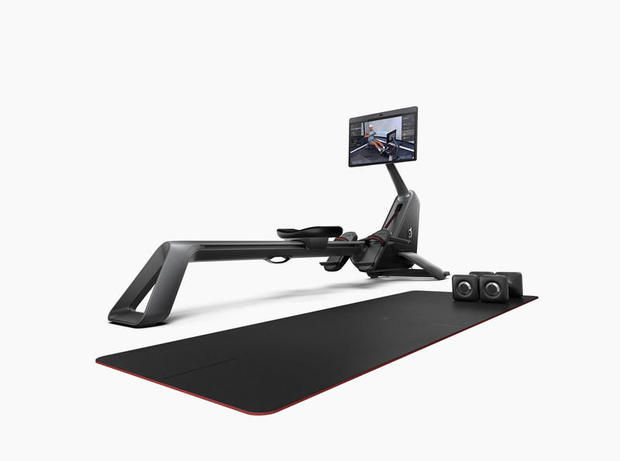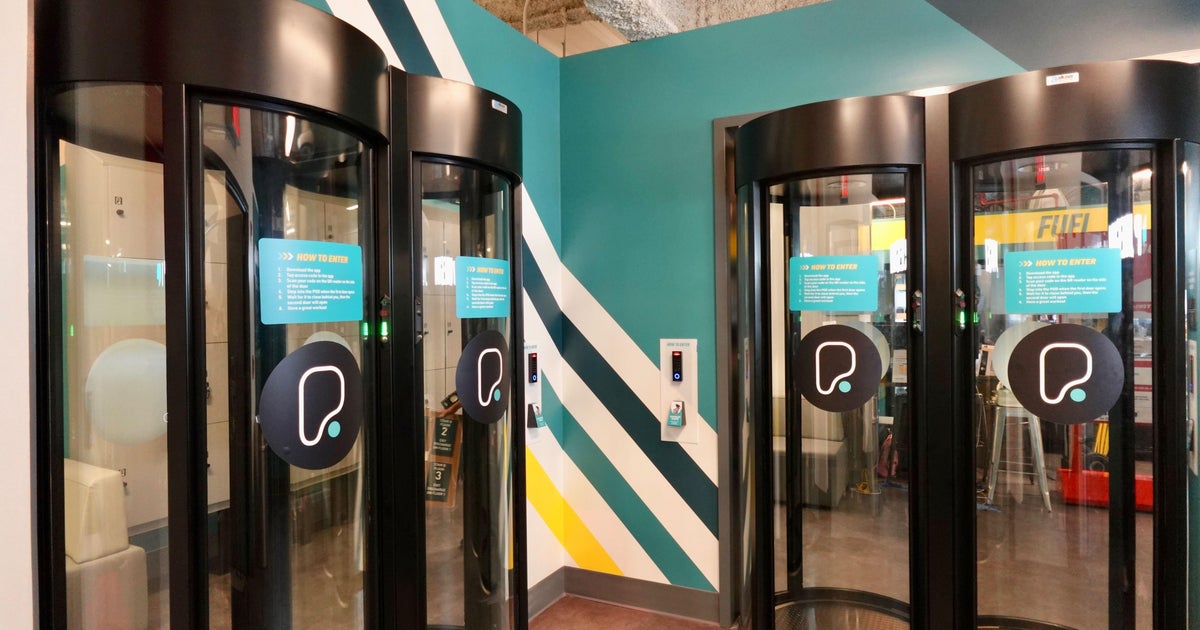Peloton is rolling out a $3,200 rowing machine — three times the cost of other leading rowers
Peloton on Tuesday said it is adding a new exercise product to its lineup: a rowing machine that starts at $3,195. Consumers who also want to access its range of fitness classes will have to shell out another $528 annually.
The struggling fitness company is touting the machine, called Peloton Row, for its "full-body cardio and strength" workouts. But fitness fans are decrying the machine's cost, noting that buyers will also need a full bank account. The Peloton rower sells for more than three times the cost of competitor Concept 2, which is considered the gold standard of rowers and has a price tag of $990 for its entry-level model.
Other fitness equipment makers also charge much less for their rowers. NordicTrack's top of the line model goes for roughly $1,800, and machines from rivals such as Aviron and Ergatta top out at around $2,500, while WaterRower's "natural rower" unit starts at under $1,000.
There's a lot on the line for Peloton, a one-time pandemic darling that lost its footing as Americans ventured back into gyms and lost their taste for pricey home exercise equipment. So far this year, Peloton has had two rounds of layoffs and a management shakeup, while its stock has plunged 75%.
Bank of America analysts think Peloton could sell upwards of 60,000 rowers next year and add around 25,000 subscribers, noting that the rowing market is only a quarter as large as for running and cycling.
"Peloton is targeting the high end of the rowing market given capabilities and price point, and Peloton is probably unwilling to take a gross margin loss on the units given likely material sales overlap with existing Peloton subscribers," they said in a note.
Peloton said it is taking pre-orders for the new rowing machine, with delivery expected in December.
Some people questioned the pricing of Peloton Row, taking to social media to complain that company is charging too much — especially as the rower's lineup of fitness classes requires an additional expense of $44 a month, or $528 for one year.
"I can get a [Concept 2] for $1k," one observer wrote on Twitter. "That price is just DUMB."
Another consumer said it's not only the price, but also that Peloton isn't providing financing options to potential customers, which otherwise could make the price tag more palatable.
Peloton defended its pricing, noting that the rower is designed to be a "premium experience." Among the features the company is touting in its new rower: "individually calibrated" feedback to help users improve their technique; electronically controlled resistance that enables "frictionless" strokes; and a swiveling screen.
"There is no other connected fitness rower on the market that will afford the same amount of content," spokeswoman Ben Boyd told CBS MoneyWatch. "The package of software and hardware is completely unmatched."
Barry McCarthy, a former Spotify executive who Peloton named CEO in February, also defended the stiff pricing for its equipment at a Goldman Sachs event last week.
"We've got a premium offering because, let's face it, you're not price-sensitive," he told an analyst. "And people like you weren't price-sensitive. And if we have a great product, they're going to buy it regardless."
McCarthy also said he expects the online home fitness business to rebound even as COVID-19 eases around the U.S. and Americans return to the gym.
"Today, the category is shrinking. Will it shrink over the long term? I don't think so. I think that's a post-COVID phenomenon where people are traveling, going back to gyms, sort of rediscovering the lives that they've gotten away from," he said. "But in the fullness of time, living a healthy lifestyle, I think, is part of our value system, part of the fabric of today's aging economy."
Indeed, some Wall Street analysts remain bullish on Peloton's prospects despite its slowing growth and a management shakeup last week that saw co-founders John Foley and Hisao Kushi leave the company.
Oppeneheimer analysts said in a research note this week that Peloton retains significant competitive advantages, including experience cultivating online communities, high consumer satisfaction scores and a business model that offers potential for substantial growth with a modicum of investment.
The digital fitness and wellness market also remains fragmented, offering opportunities for Peloton to expand its market share, the investment firm said.






